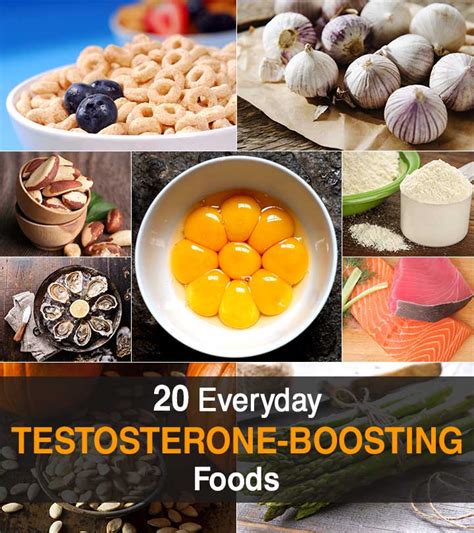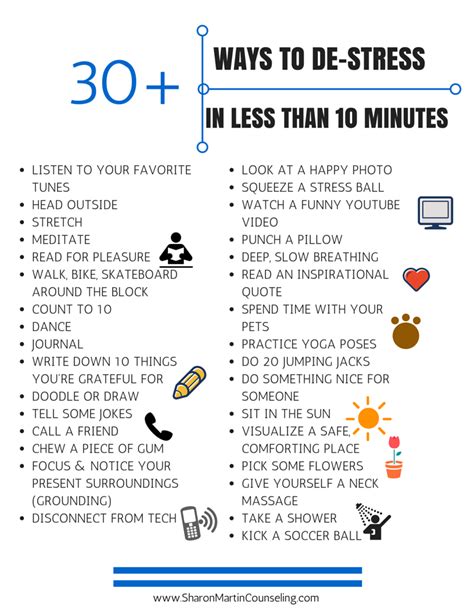How can men naturally boost testosterone for peak energy & performance?

Testosterone, often hailed as the cornerstone of male vitality, plays a crucial role far beyond libido and muscle mass. Optimal testosterone levels contribute to sustained energy, sharp cognitive function, robust bone density, and a resilient mood. As men age, or due to various lifestyle factors, these vital levels can decline, leading to fatigue, reduced performance, and a general dip in quality of life. The good news is that numerous natural strategies can effectively support your body’s testosterone production, empowering you to reclaim peak energy and performance without relying on synthetic interventions.
The Cornerstone of Diet: Nutrient Powerhouses
What you eat directly impacts your hormonal symphony. To naturally elevate testosterone, focus on a diet rich in whole, unprocessed foods. Key nutrients stand out as testosterone boosters. Zinc, found abundantly in oysters, red meat, poultry, and beans, is essential for testosterone synthesis, and even a mild deficiency can lead to significant drops. Similarly, Vitamin D, often called the ‘sunshine vitamin,’ functions as a steroid hormone in the body and has a strong correlation with testosterone levels. Ensure adequate intake through sun exposure or supplements, especially in regions with limited sunlight.

Beyond specific micronutrients, healthy fats are non-negotiable. Cholesterol, a precursor to testosterone, requires a steady supply of good fats. Incorporate avocados, nuts, seeds, olive oil, and fatty fish (like salmon) into your daily diet. Avoid processed fats and excessive sugars, which can lead to inflammation and disrupt hormonal balance. Adequate protein intake is also crucial for muscle repair and growth, which in turn supports a healthy hormonal environment.
Exercise for Hormonal Harmony: Lift Heavy, Move Fast
Physical activity is a potent stimulator of testosterone production. Not all exercise is created equal when it comes to hormonal benefits. High-intensity resistance training, focusing on compound movements like squats, deadlifts, bench presses, and overhead presses, has been shown to elicit significant acute and chronic increases in testosterone. Aim for 3-4 sessions per week, progressively increasing weight and intensity.

Additionally, high-intensity interval training (HIIT), which involves short bursts of maximal effort followed by brief recovery periods, can also be highly effective. This type of training not only boosts testosterone but also improves cardiovascular health and fat loss, both of which are beneficial for hormonal health. Avoid chronic, long-duration cardio, which can sometimes have a suppressive effect on testosterone if overdone and not balanced with strength training.
The Unsung Hero: Prioritizing Quality Sleep
In our fast-paced world, sleep is often the first thing sacrificed, yet its impact on testosterone is profound. The majority of your body’s daily testosterone production occurs during sleep, particularly during deep REM cycles. Chronic sleep deprivation, even just a few nights of inadequate rest, can dramatically lower testosterone levels. Aim for 7-9 hours of high-quality sleep per night.

To optimize your sleep environment, establish a consistent sleep schedule, make your bedroom dark, cool, and quiet, and limit screen time before bed. Avoiding caffeine and heavy meals late in the evening can also contribute to more restorative sleep, allowing your body ample time to produce essential hormones like testosterone.
Taming Stress: The Cortisol Connection
Stress is an unavoidable part of modern life, but chronic stress can wreak havoc on your hormonal balance. When stressed, your body releases cortisol, the primary stress hormone. High levels of cortisol are inversely related to testosterone; as cortisol goes up, testosterone often goes down. This is partly due to the ‘pregnenolone steal,’ where the body prioritizes cortisol production over other steroid hormones, including testosterone.

Implementing effective stress management techniques is therefore crucial for maintaining healthy testosterone levels. Practices such as meditation, mindfulness, yoga, deep breathing exercises, spending time in nature, and engaging in hobbies can significantly reduce cortisol levels. Prioritizing ‘me time’ and setting boundaries can also create a buffer against chronic stress, allowing your body’s hormonal system to function optimally.
Lifestyle Tweaks for Optimal Levels
Beyond diet, exercise, sleep, and stress, several other lifestyle factors play a role in testosterone production. Excessive alcohol consumption, particularly chronic heavy drinking, can directly impair testicular function and reduce testosterone levels. Moderation is key.

Furthermore, minimizing exposure to endocrine-disrupting chemicals (EDCs) found in plastics (BPA, phthalates), pesticides, and certain personal care products can also support hormonal health. Opt for glass containers, organic produce, and natural personal care items where possible. Maintaining a healthy body weight is also critical, as excess body fat, especially visceral fat, can increase aromatase activity, an enzyme that converts testosterone into estrogen.
Boosting testosterone naturally is not a quick fix but a holistic commitment to a healthy lifestyle. By consistently focusing on a nutrient-rich diet, engaging in challenging exercise, prioritizing restorative sleep, effectively managing stress, and making conscious lifestyle choices, men can significantly enhance their natural testosterone production. This integrated approach not only elevates energy and performance but also lays the foundation for robust long-term health and vitality.









